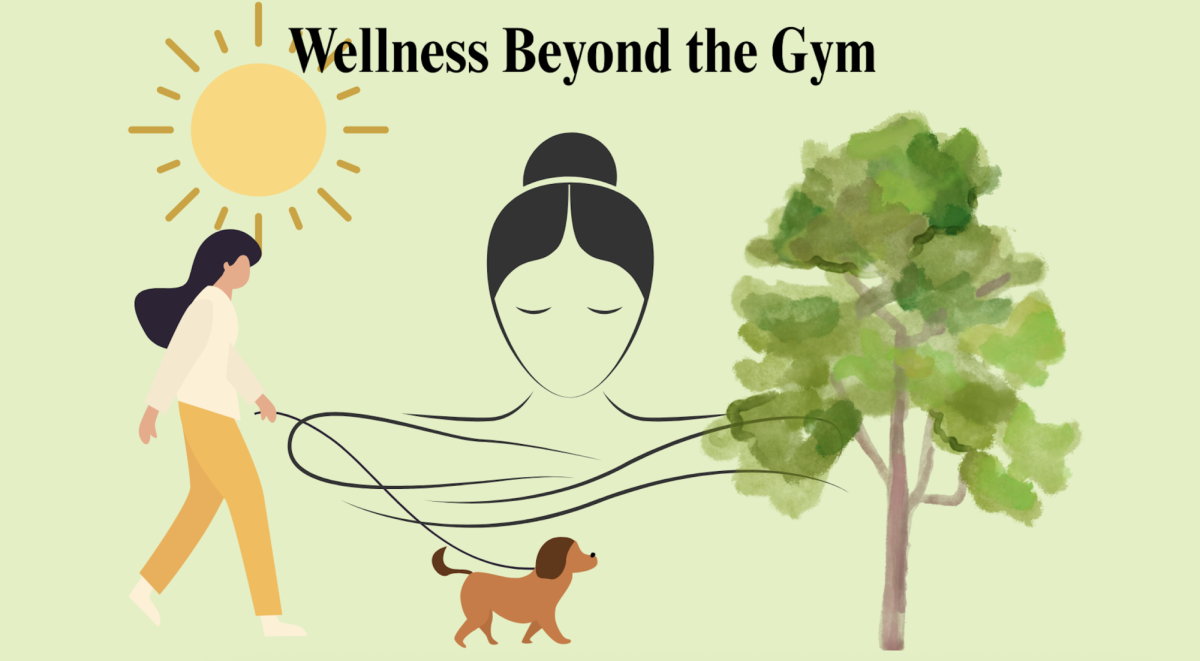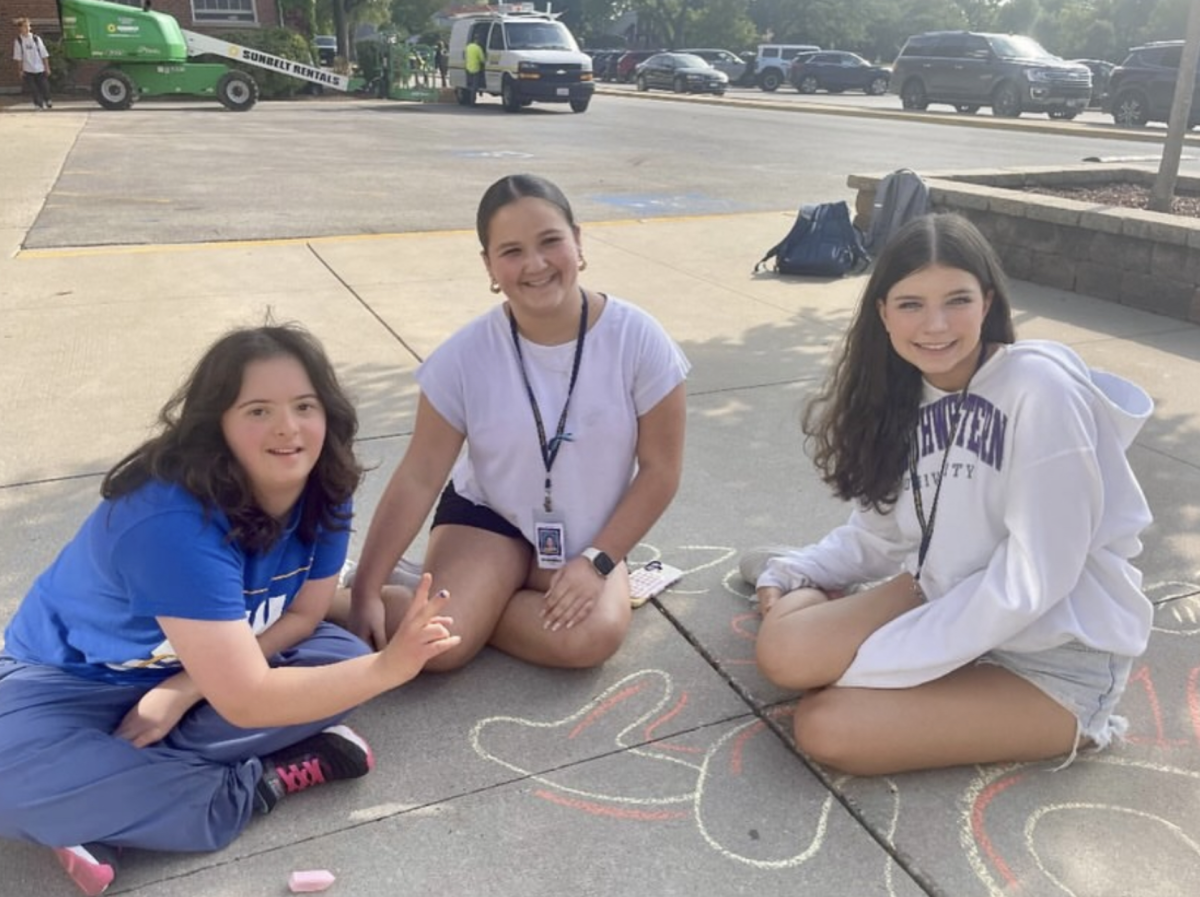Every day, we ask people how they are doing. The typical response is, “Good,” always presented with a smile. For some, that may be the case; they are good. But, for others, “Good” may just be used to cover up what’s really happening. It’s the simple way to get out of answering a complex question. You understand that when someone asks you “If you’re okay,” or “How are you doing,” they don’t want to hear your whole life story. They expect you to say “I’m good.” Why is that? How come we feel like we can’t share how we truly feel or reach out for help when we are struggling? Why do we feel the need to put up a guard to our mental health?
May is Mental Health Awareness Month, and it’s the perfect time to remind ourselves that struggling doesn’t make us weak: it makes us human. Everyone at some point in their lives won’t be okay, and that’s okay. Sometimes we just aren’t okay. As students, we spend so much time trying to balance academics, sports, extracurriculars, and social lives that we often forget to check in with ourselves. We say “I’m fine” out of habit, even when we’re exhausted, overwhelmed, or anxious.
Mental health has always been important, but now more than ever it’s something we need to be talking about. Whether it’s dealing with anxiety before a big test, feeling isolated, or trying to meet expectations that seem impossible, everyone goes through something. Just because it’s not always visible doesn’t mean it’s not real— just like how we aren’t visible to ourselves until we look in the mirror. When we take a moment to look at ourselves, we often reflect and judge, making criticisms about our appearance and the steps that we need to take in order to achieve our ideal image. But we connect with ourselves for a minute. We stop for a second and stare. We need to do this to check in with our mental health and our emotions; not in a judgmental way, but at least to reflect and check in to see how we are. To stop and breathe, and take a minute from life. It’s okay to take a step back to catch yourself from falling and losing balance.
At LFHS, we are lucky to have such a wide variety of resources— counselors, social workers, trusted teachers, and supportive peers— but those only help if we use them. Opening up about mental health can be scary. It can feel like you’re the only one struggling, that you are disconnected from the rest of the world and can’t break through the wall made of concrete.
But once the mask is lowered, we start to notice we aren’t alone. We begin to notice our small nervous tics are repeated by other— someone’s head being extra low while walking through the halls, the smile on your classmate fading a little more. We notice that others are beaten up and broken down, and are trying to survive the dark wave of life. Why would people have jobs as therapists, counselors, and social workers if no one but one person were to use them? They are created to help everyone and anyone who needs them. They are there to ensure that you have someone to talk to when you feel alone, to make sure you are safe, and to be your mentor in this time of challenge.
Being honest about your mental health isn’t something to be ashamed of— it’s something to be proud of. Taking a second for yourself when you need one, asking for help, or even admitting that things are hard is a form of strength. Acknowledging your emotions is the first step to actually dealing with them.
This month, try to be kinder to yourself. For some, that may come easily, and for others, that sounds like a chore worse than taking the trash out. Check in with your friends, not just about grades or weekend plans, but about how they are really doing. Be the person that someone can trust and turn to in a time of struggle. Mental health is not just important in May— it’s important every single day. It is part of who we are as humans. And remember: it’s okay to not be okay. But you don’t have to do it alone.







